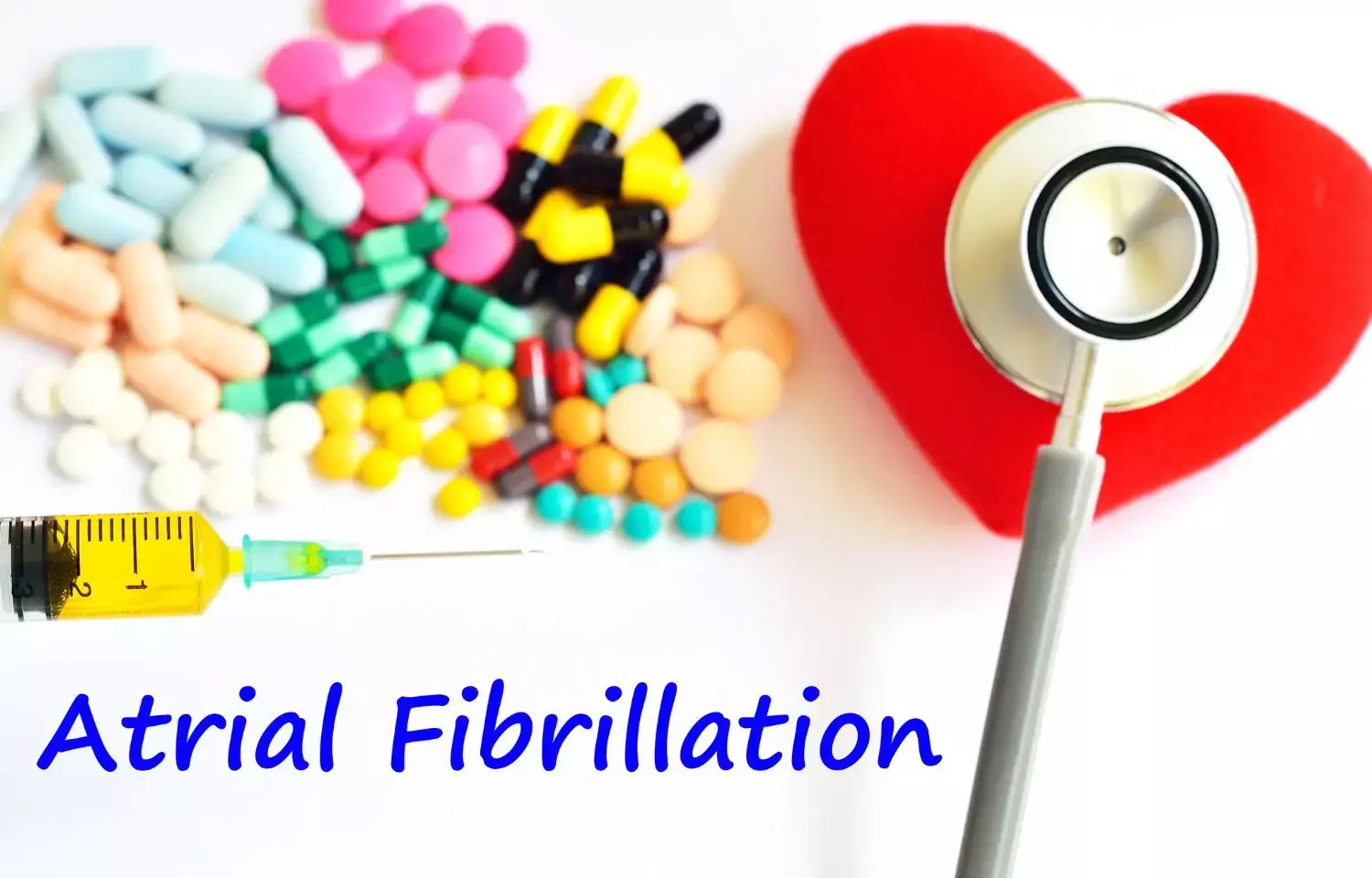- Home
- Medical news & Guidelines
- Anesthesiology
- Cardiology and CTVS
- Critical Care
- Dentistry
- Dermatology
- Diabetes and Endocrinology
- ENT
- Gastroenterology
- Medicine
- Nephrology
- Neurology
- Obstretics-Gynaecology
- Oncology
- Ophthalmology
- Orthopaedics
- Pediatrics-Neonatology
- Psychiatry
- Pulmonology
- Radiology
- Surgery
- Urology
- Laboratory Medicine
- Diet
- Nursing
- Paramedical
- Physiotherapy
- Health news
- Fact Check
- Bone Health Fact Check
- Brain Health Fact Check
- Cancer Related Fact Check
- Child Care Fact Check
- Dental and oral health fact check
- Diabetes and metabolic health fact check
- Diet and Nutrition Fact Check
- Eye and ENT Care Fact Check
- Fitness fact check
- Gut health fact check
- Heart health fact check
- Kidney health fact check
- Medical education fact check
- Men's health fact check
- Respiratory fact check
- Skin and hair care fact check
- Vaccine and Immunization fact check
- Women's health fact check
- AYUSH
- State News
- Andaman and Nicobar Islands
- Andhra Pradesh
- Arunachal Pradesh
- Assam
- Bihar
- Chandigarh
- Chattisgarh
- Dadra and Nagar Haveli
- Daman and Diu
- Delhi
- Goa
- Gujarat
- Haryana
- Himachal Pradesh
- Jammu & Kashmir
- Jharkhand
- Karnataka
- Kerala
- Ladakh
- Lakshadweep
- Madhya Pradesh
- Maharashtra
- Manipur
- Meghalaya
- Mizoram
- Nagaland
- Odisha
- Puducherry
- Punjab
- Rajasthan
- Sikkim
- Tamil Nadu
- Telangana
- Tripura
- Uttar Pradesh
- Uttrakhand
- West Bengal
- Medical Education
- Industry
Postoperative AF as likely to cause stroke as non-operative AF, study.

Patients who develop atrial fibrillation (AF) after noncardiac surgery are at a similar risk of thromboembolic events as those who develop AF in other settings, according to new observational study published this week in Annals of Internal Medicine Journal. These results advocate broader application of prophylactic anticoagulant regimens in post-operative patients.
Postoperative atrial fibrillation (AF) after noncardiac surgery confers increased risks for ischemic stroke and transient ischemic attack (TIA). How outcomes for postoperative AF after noncardiac surgery compare with those for AF occurring outside of the operative setting is unknown.
The present cohort study sought to compare the risks for ischemic stroke or TIA and other outcomes in patients with postoperative AF versus those with incident AF not associated with surgery.
Patients were categorized as having AF occurring within 30 days of a noncardiac surgery (postoperative AF) or having AF unrelated to surgery (nonoperative AF).
Mean age was about 73 years and just over half were male. Over 6.3 years of follow up, 11.5% had an ischemic stroke or TIA, 58.2% had a subsequent episode of AF, and 60.6% died.
In a weighted analysis, the risk of stroke or TIA was no different between those whose AF appeared after surgery and those who presented outside of the surgical setting. There were also no differences in the risks of cardiovascular and all-cause death. However, patients with postoperative AF had a 13.4% lower risk of recurrent AF.
Interestingly, the authors note that "half of the anticoagulant-eligible patients with postoperative AF never received an anticoagulant prescription."
The findings underscore the notion that postoperative AF "should not be considered a transient, benign phenomenon," authors Siontis et al write. "Rather, it is an arrhythmia that seems to portend similar thromboembolic risks as AF diagnosed outside of the operative setting."
The bigger question that is still an unknown is: should we treat people who have postoperative A-Fib with anticoagulation even from the get-go?
Although randomised data will shed further light on this issue, but an important takeaway from this study is that any post-operative AF is not to be considered benign. An EP follow-up, estimation of CHA2DS2VASc score and associated bleeding risk can guide better decision making regarding anticoagulant therapy.
Source: Annals of Internal Medicine
Siontis KC, Gersh BJ, Weston SA, Jiang R, Roger VL, Noseworthy PA, Chamberlain AM. Associations of Atrial Fibrillation After Noncardiac Surgery With Stroke, Subsequent Arrhythmia, and Death : A Cohort Study. Ann Intern Med. 2022 Jul 26.
MBBS, MD , DM Cardiology
Dr Abhimanyu Uppal completed his M. B. B. S and M. D. in internal medicine from the SMS Medical College in Jaipur. He got selected for D. M. Cardiology course in the prestigious G. B. Pant Institute, New Delhi in 2017. After completing his D. M. Degree he continues to work as Post DM senior resident in G. B. pant hospital. He is actively involved in various research activities of the department and has assisted and performed a multitude of cardiac procedures under the guidance of esteemed faculty of this Institute. He can be contacted at editorial@medicaldialogues.in.
Dr Kamal Kant Kohli-MBBS, DTCD- a chest specialist with more than 30 years of practice and a flair for writing clinical articles, Dr Kamal Kant Kohli joined Medical Dialogues as a Chief Editor of Medical News. Besides writing articles, as an editor, he proofreads and verifies all the medical content published on Medical Dialogues including those coming from journals, studies,medical conferences,guidelines etc. Email: drkohli@medicaldialogues.in. Contact no. 011-43720751


